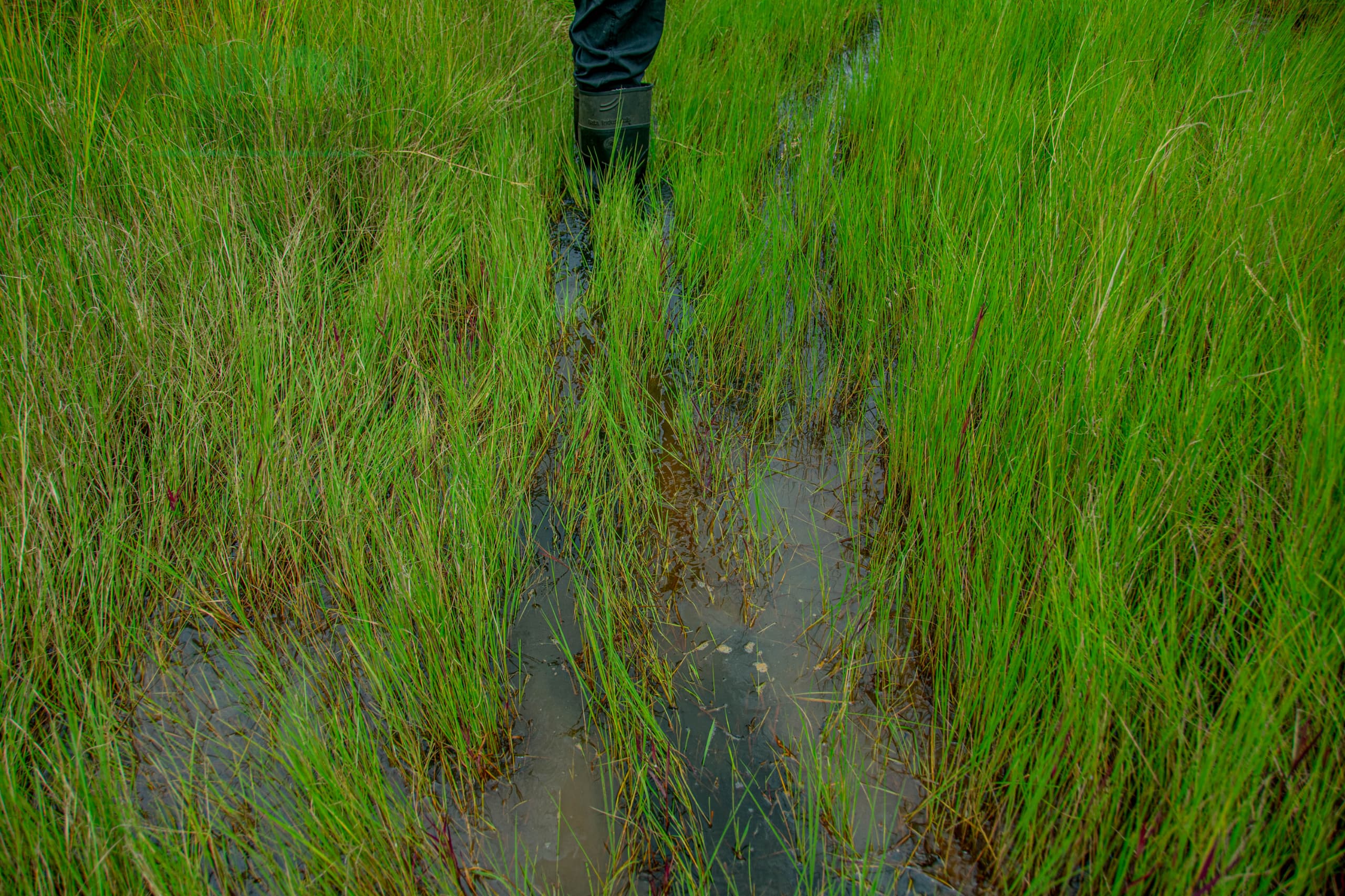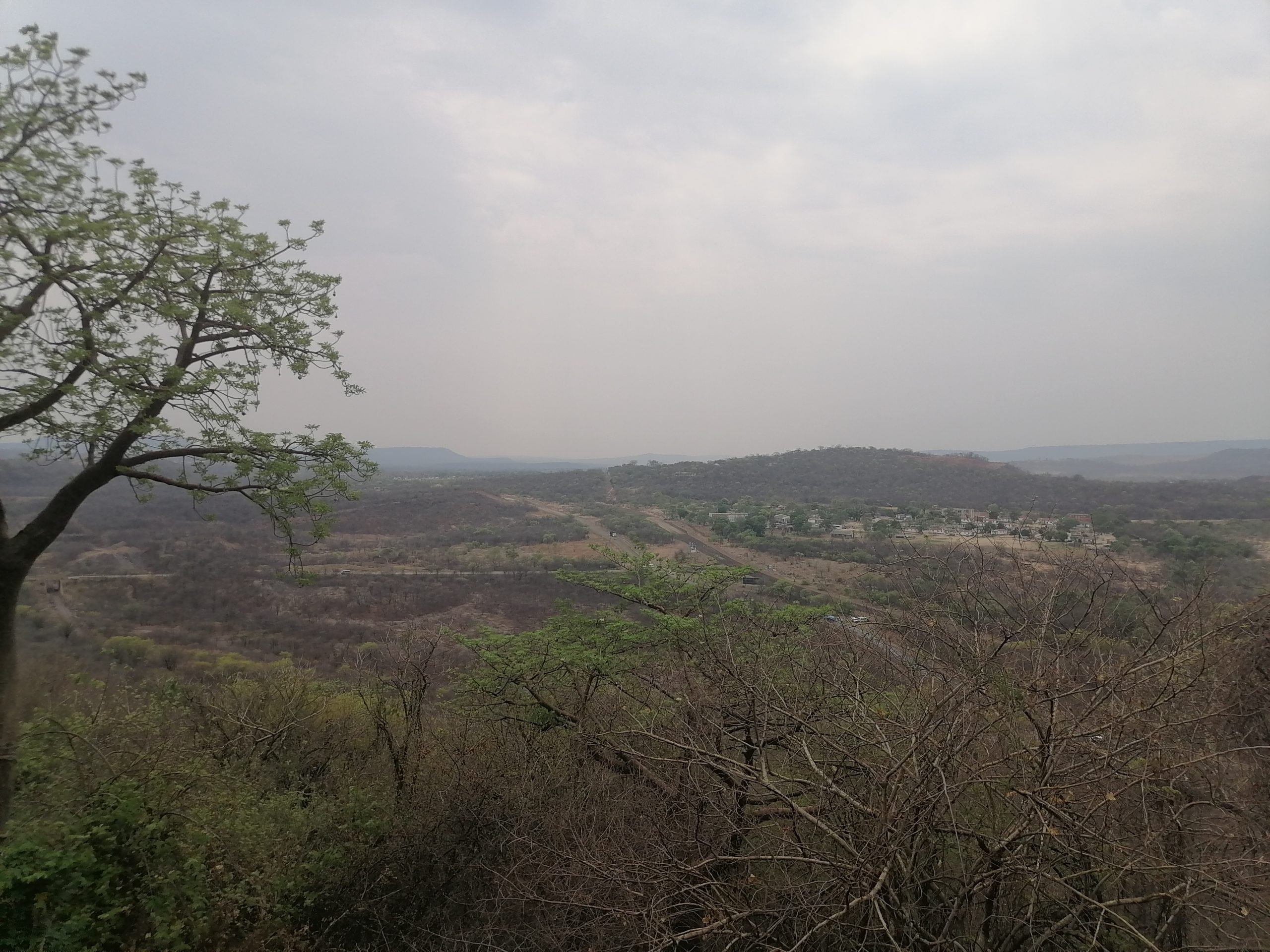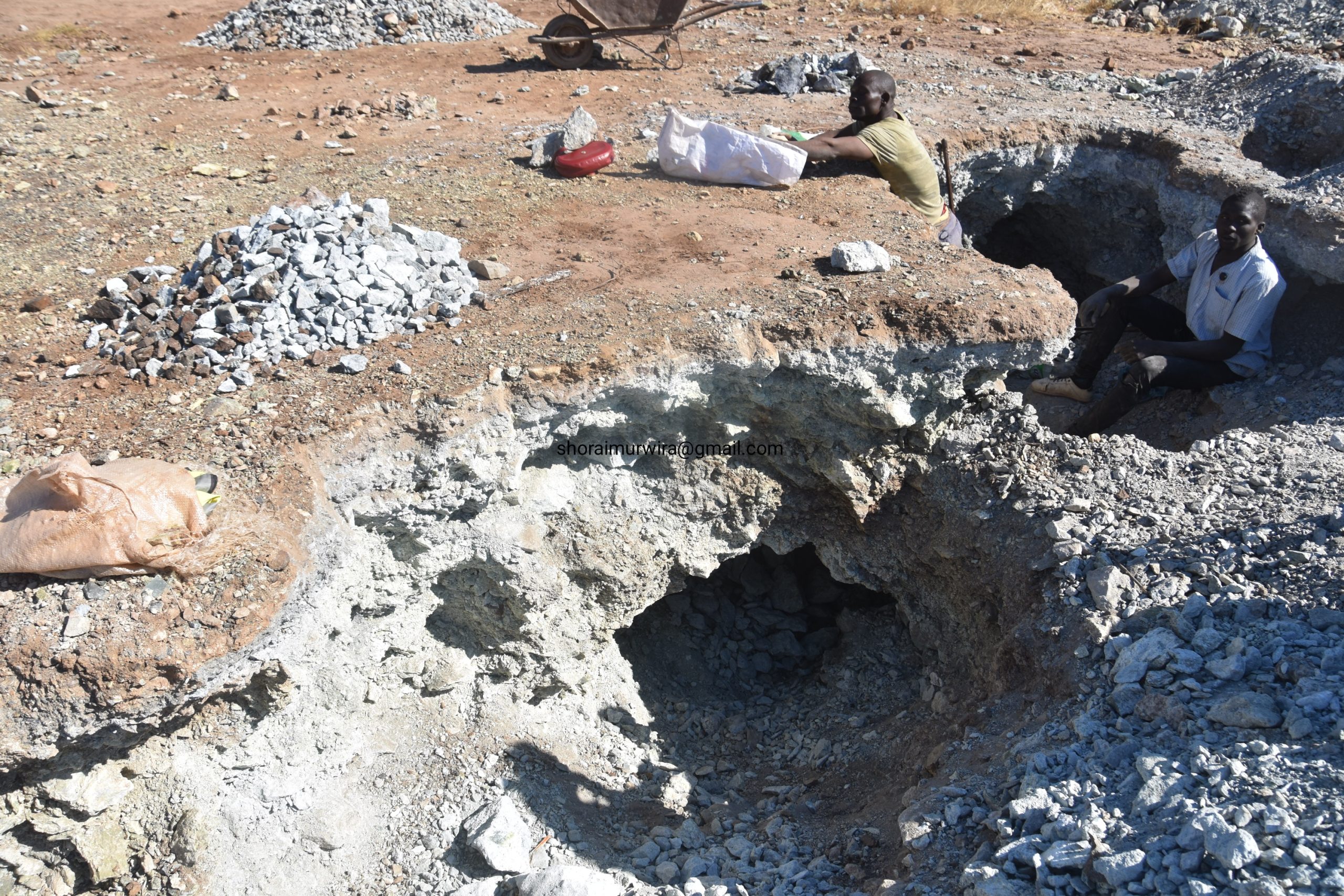Budiriro, Harare — Residents of Budiriro’s Ward 43 have pledged to block any attempts by land barons to develop on wetlands, warning that such moves threaten their environment, water sources, and climate resilience.
Budiriro’s wetlands, long serving as a natural water storage and flood control system, are being targeted for housing projects. Residents allege that land barons have pegged and sold stands on the protected land without community consent.
Speaking during a recent gathering, residents vowed to physically stop construction equipment from entering the wetlands. A community leader accused authorities of turning a blind eye to illegal developments and warned that the community would not stand by while its natural heritage was destroyed.
Environmental experts warn that losing the wetlands could worsen Harare’s flooding problems, especially as climate change increases the frequency of extreme rainfall. Wetlands also act as carbon sinks, helping to regulate local temperatures and preserve biodiversity.
While Zimbabwe’s constitution recognises the right to a safe and clean environment, enforcement remains weak. Residents say repeated reports to the Environmental Management Agency (EMA) and Harare City Council have yielded no meaningful action.
Wetland destruction not only affects biodiversity but also undermines livelihoods. Some residents rely on streams fed by the wetlands to water small gardens that provide both food and income. Without them, they fear losing a key survival resource.
Local activists are urging city authorities to urgently gazette the wetlands as protected areas, enforce existing environmental laws, and prosecute land barons involved in the illegal sales.
The Budiriro case mirrors a wider trend across Zimbabwe’s urban centres, where wetlands and open spaces are being converted into residential stands at an alarming rate. Experts warn that unchecked development could have irreversible ecological consequences.









